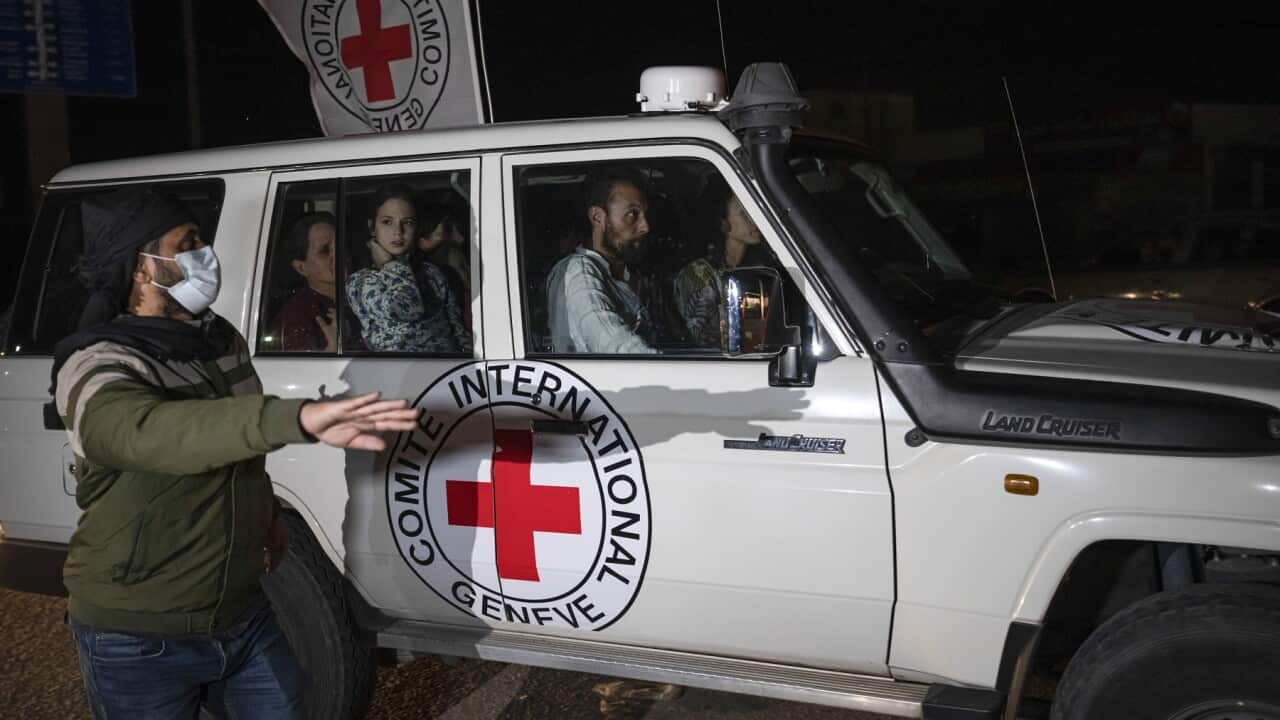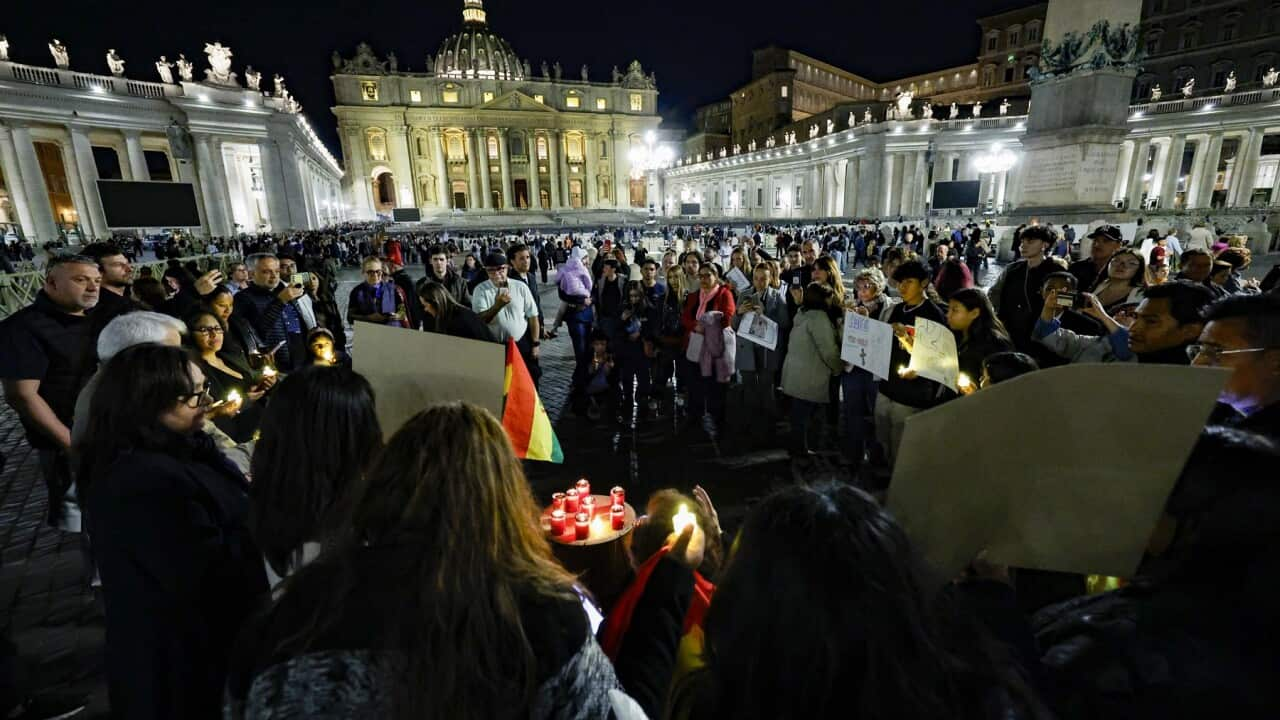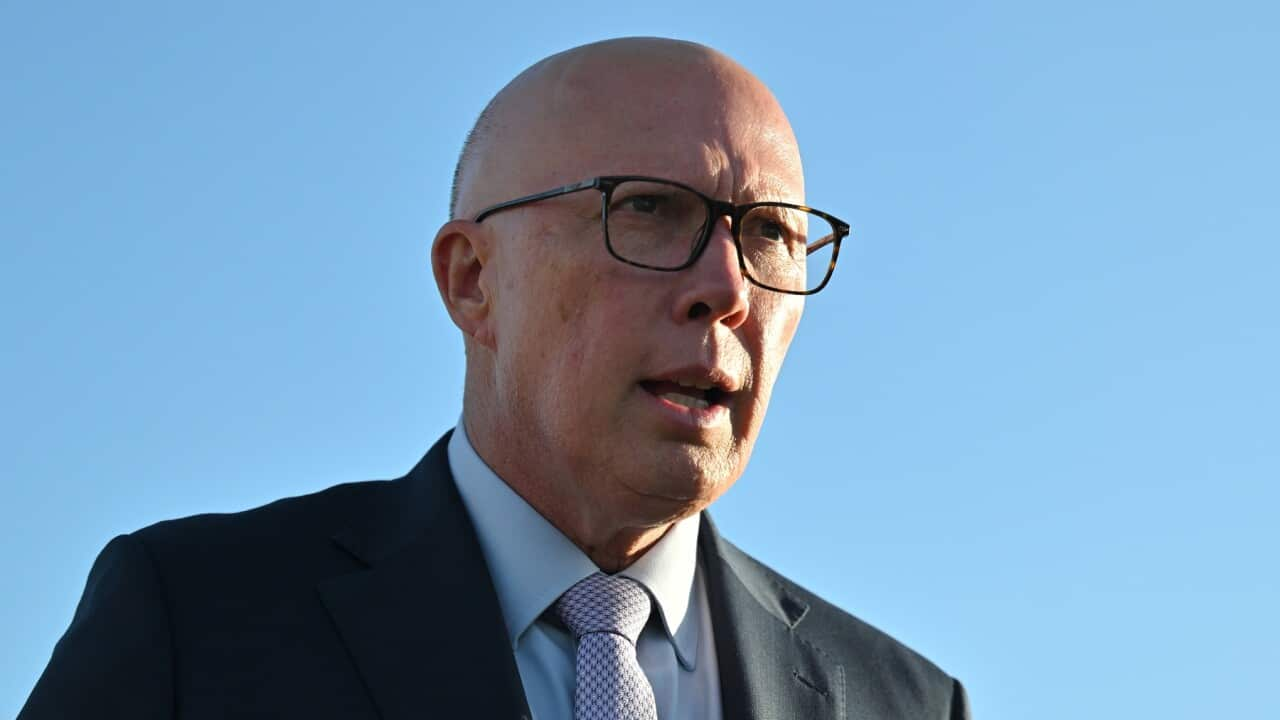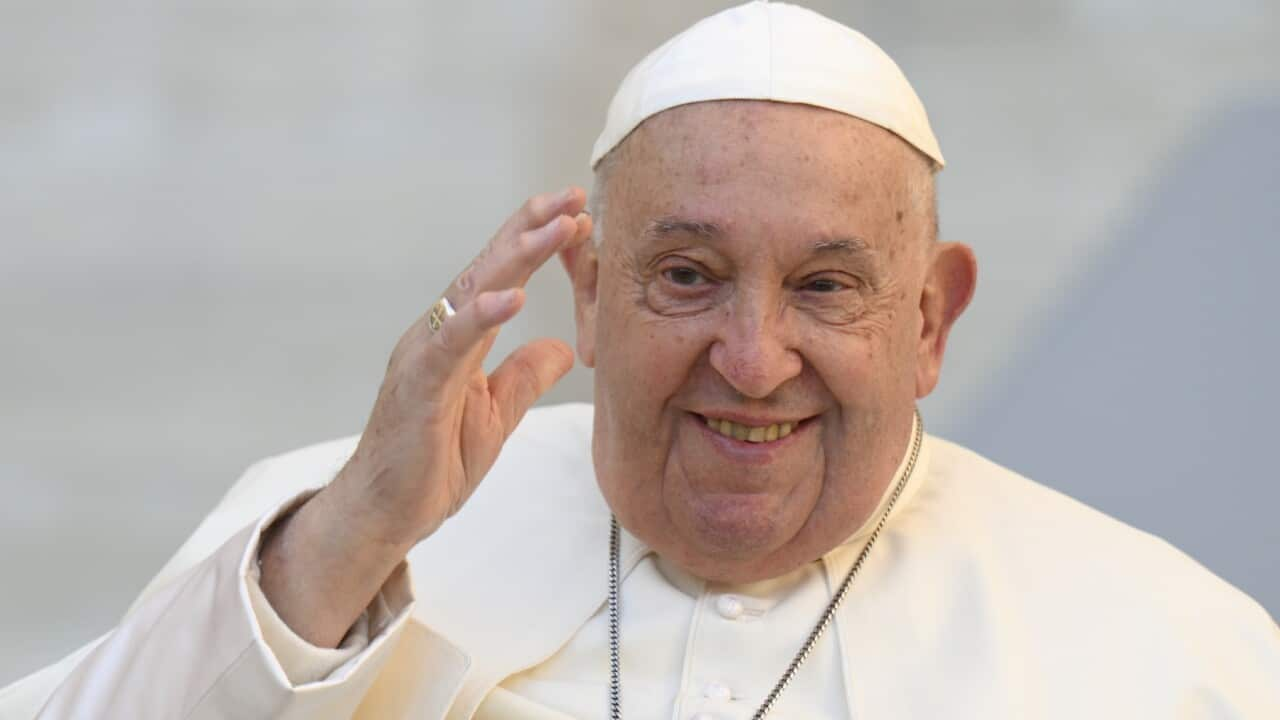TRANSCRIPT
The Hamas military group put the second hostage exchange between itself and Israel on limbo for what turned out to be a short period of time.
Hamas argued the Israeli side was not responding in the right way to the truce.
A senior spokesman for the military group accused Israel of manipulating the release of Palestinian prisoners, which is happening in exchange for the hostages held by Hamas.
Osama Hamdan claimed not enough veteran prisoners were freed in the first prisoner swap on Friday.
"We believe that the Israelis till now, they are not responding in the right and positive way to what was achieved. And according to that, we have called upon the mediators to make the needed efforts to fulfil all what has been agreed upon like: allowing the trucks of aid to reach the northern part of Gaza. Out of 200 trucks, we did not reach till now 70 trucks."
Israeli officials denied the accusations of breaching the terms of the agreement.
The truce states that Hamas is to release one Israeli hostage for every three prisoners freed.
Israel military spokesman rear admiral Daniel Hagari said all efforts were being made for the return of more hostages.
"The effort to return the hostages is a moral and ethical obligation. We are determined to fulfil that in every way. The effort tonight is advancing and we will inform the families and the public when things happen. We will need to be patient, there is meaningful advancement and we will update the public when things happen."
A short while later, the Qatari Foreign Ministry announced that all arguments between the two sides had been resolved and that the exchange of prisoners will go on as scheduled.
Thirteen Israeli hostages and seven foreign nationals are set to be released from Gaza, after their transfer to the International Committee of the Red Cross.
Thirty-nine Palestinian detainees are also scheduled to be released.
Regional head of the ICRC Mamadou Sow says they will continue their efforts until all prisoners from both sides are freed.
"From day one, the International Committee of the Red Cross has been very consistent at all levels with all parties to this conflict. To insist that we see all the people who are hostages, we bring in our doctors to check in on their wellbeing. In the coming days, we will continue to insist on that because it's really important. We need to see them, we need to check on their wellbeing but we also need to be able to give family news."
Meanwhile, aid has entered Gaza for the second day of the ceasefire deal between Hamas and Israel.
The United Nations says the pause has enabled it to upscale the delivery of food, water, and medicine to the greatest degree since the resumption of aid convoys on October 21.
It has also been able to deliver almost 130,000 litres of fuel — just over 10 per cent of the daily amount delivered into the country before the start of the war — as well as cooking gas, a first since the war began.
James Elder, a spokesman for UNICEF - the children's agency of the United Nations - describes the situation in Gaza as a hellscape.
"A lot of aid is going north, and that's exactly what we needed to see. Those people have really been in a hellscape for a long, long time. I'm speaking to people here in the south who've come out of Shifa Hospital with with serious injuries and they give a sense of, of just how desperate the situation is there for people. No water, no food, no shelter. And of course, here in the south, it's about people taking this moment of respite just to see family members or to look for family members."
Protests continue to take place in cities across the world with people calling for an indefinite end to the war and the delivery of large scale aid to the people of Gaza.
In London, tens of thousands of protesters joined a pro-Palestinian march, with police warning demonstrators that anyone deemed to be racist would be arrested at the rally.
UK Police have deployed more than 1,500 officers this weekend to handle the protest.
The UK-based group Palestine Solidarity Campaign, which organised the march, says the four-day truce is only a brief and partial respite for the people of Gaza.
The PSC's general secretary Kate Hudson has called for a complete ceasefire.
"Obviously, it's very welcome that there is a pause. Even a temporary truce enables more people to live and some aid to come into Gaza. But this problem needs to be resolved and resolved so the Palestinians finally have the political settlement that countless UN resolutions have enshrined. So we want an end to the bloodshed, but we want a full political settlement, so that Palestine can finally be sovereign and free, and its people can live in freedom and dignity."
This comes as an estimated 100,000 people also demonstrated in Tel Aviv on Saturday to call for the release of all captives held by Hamas, and to place pressure on Prime Minister Benjamin Netanyahu to prioritise bringing their loved ones home.













